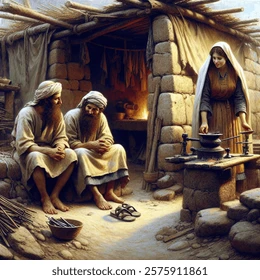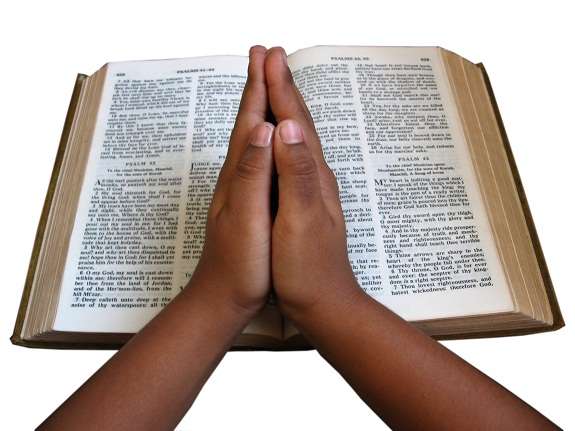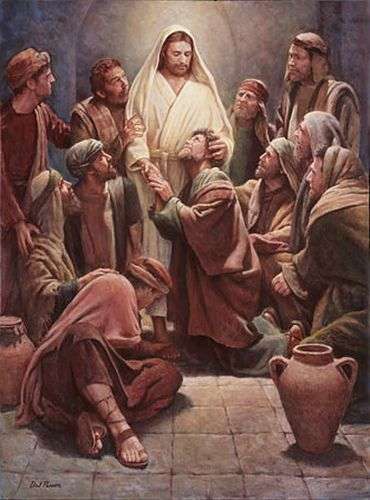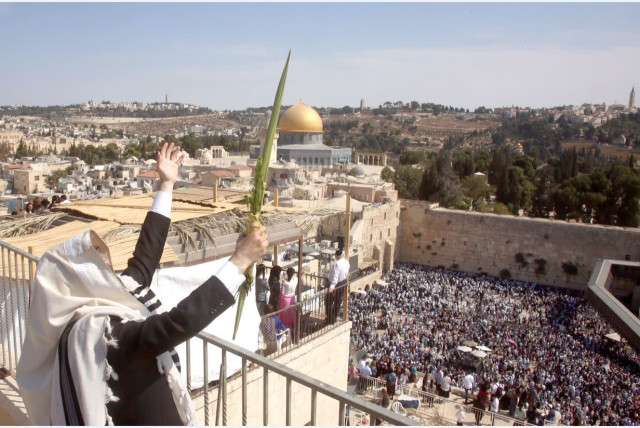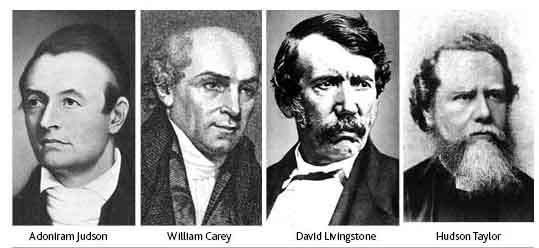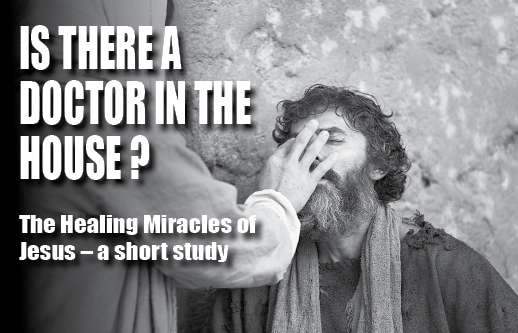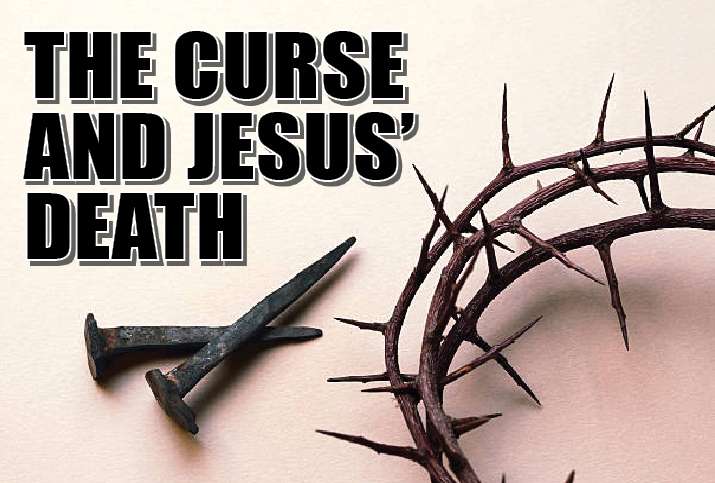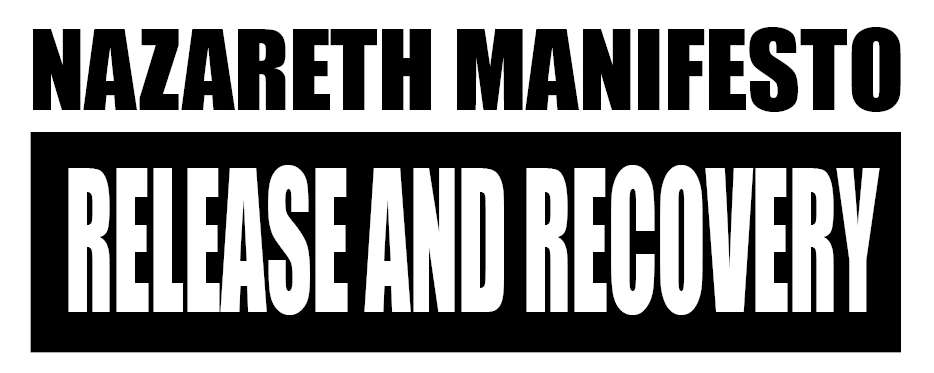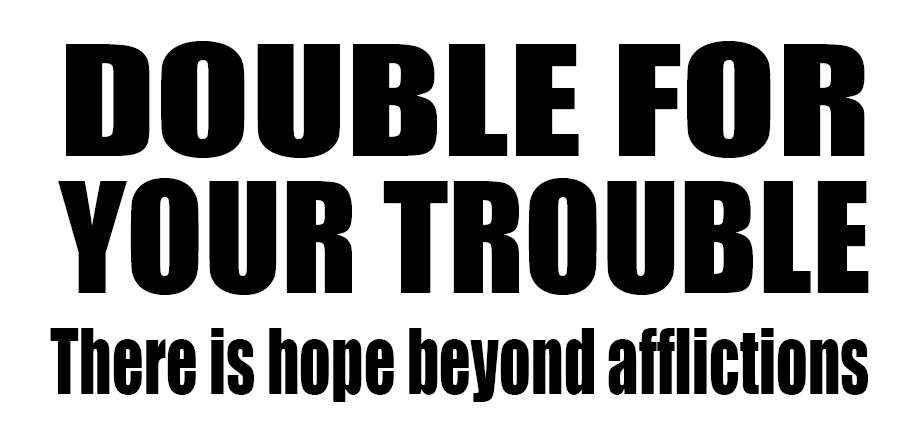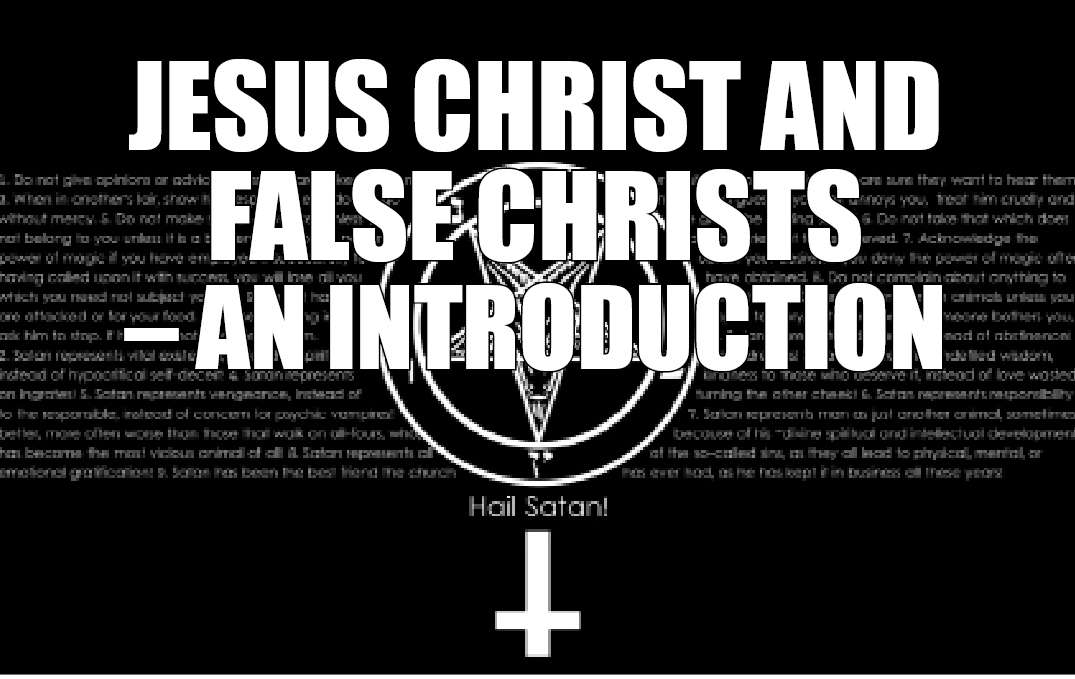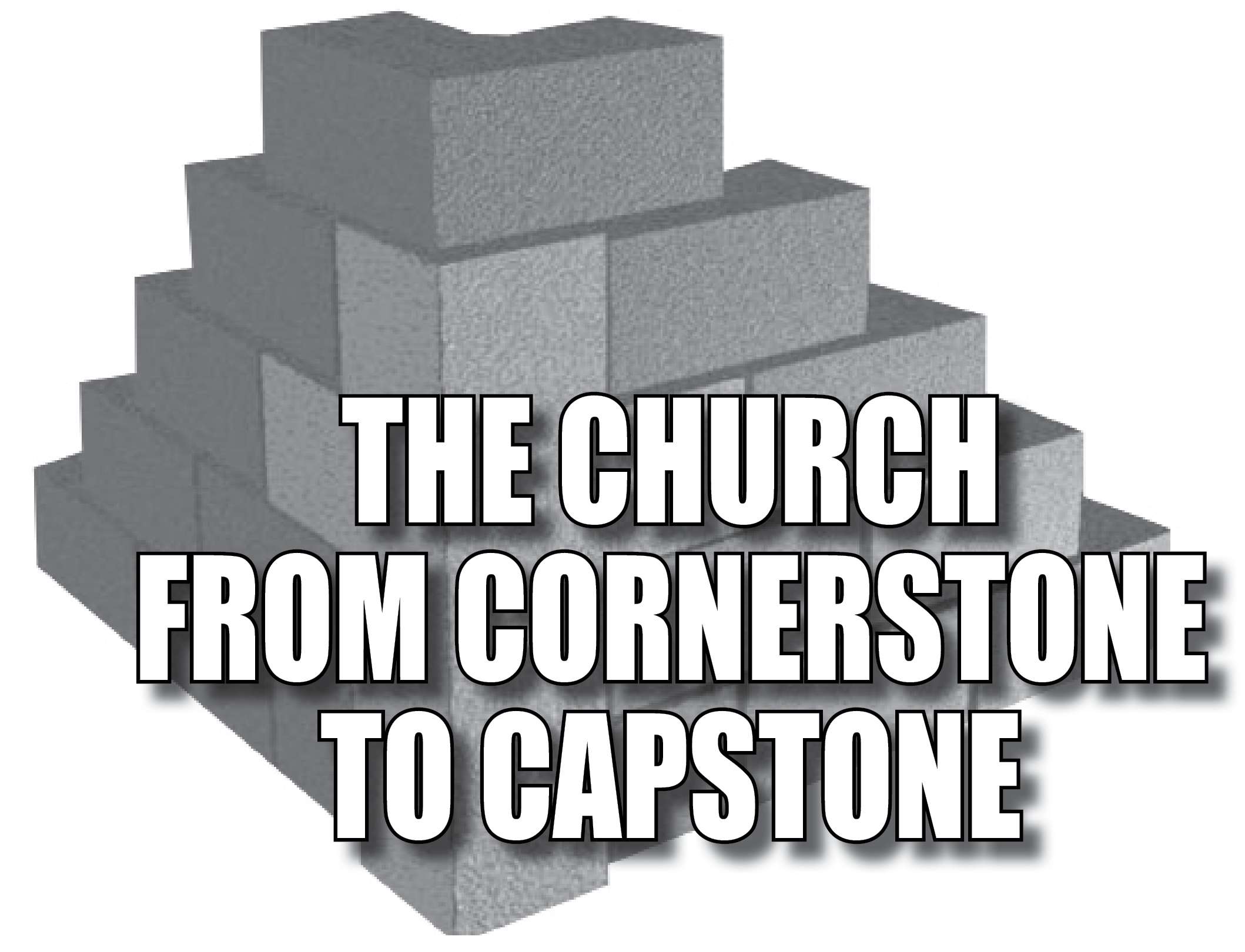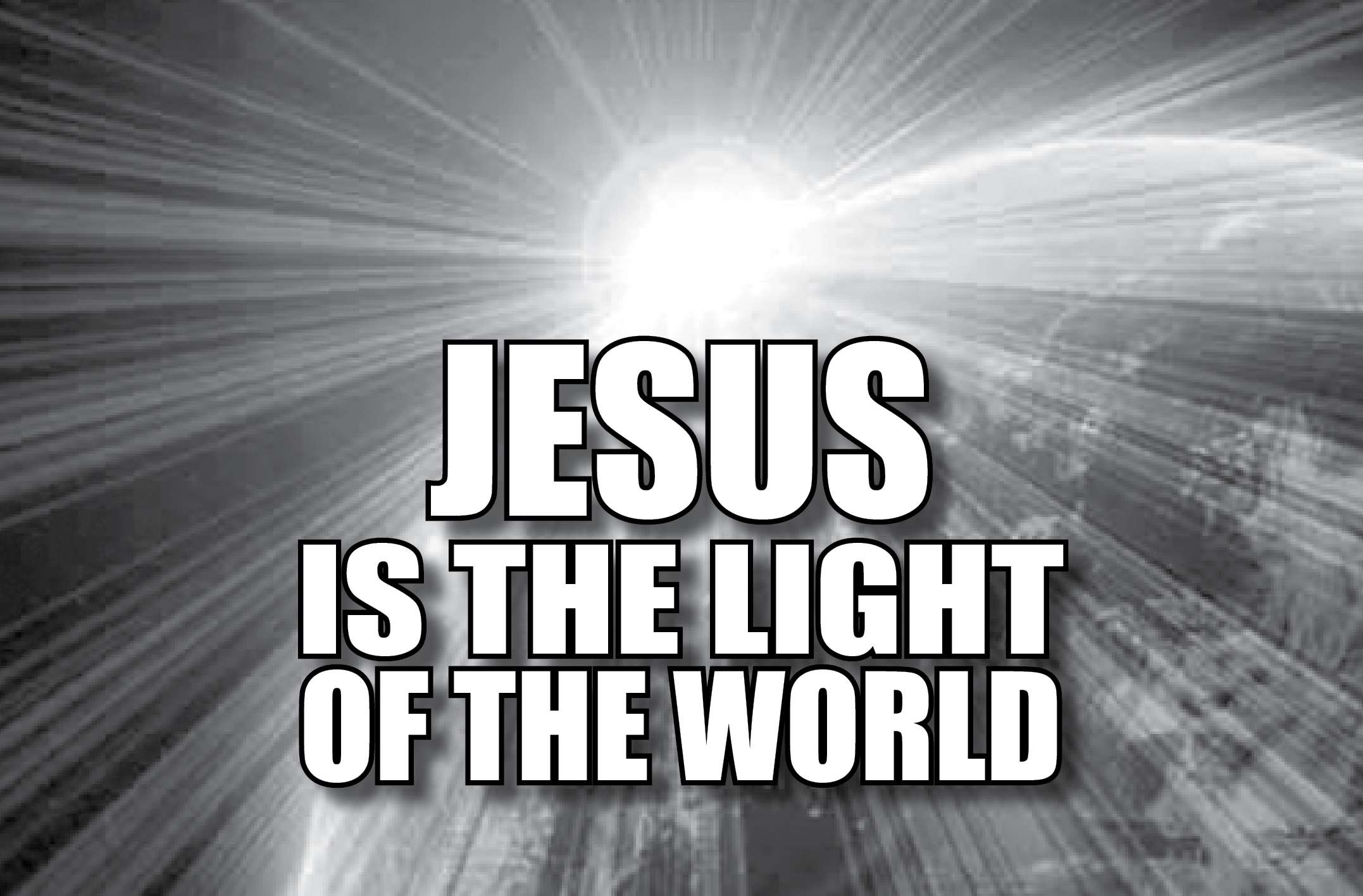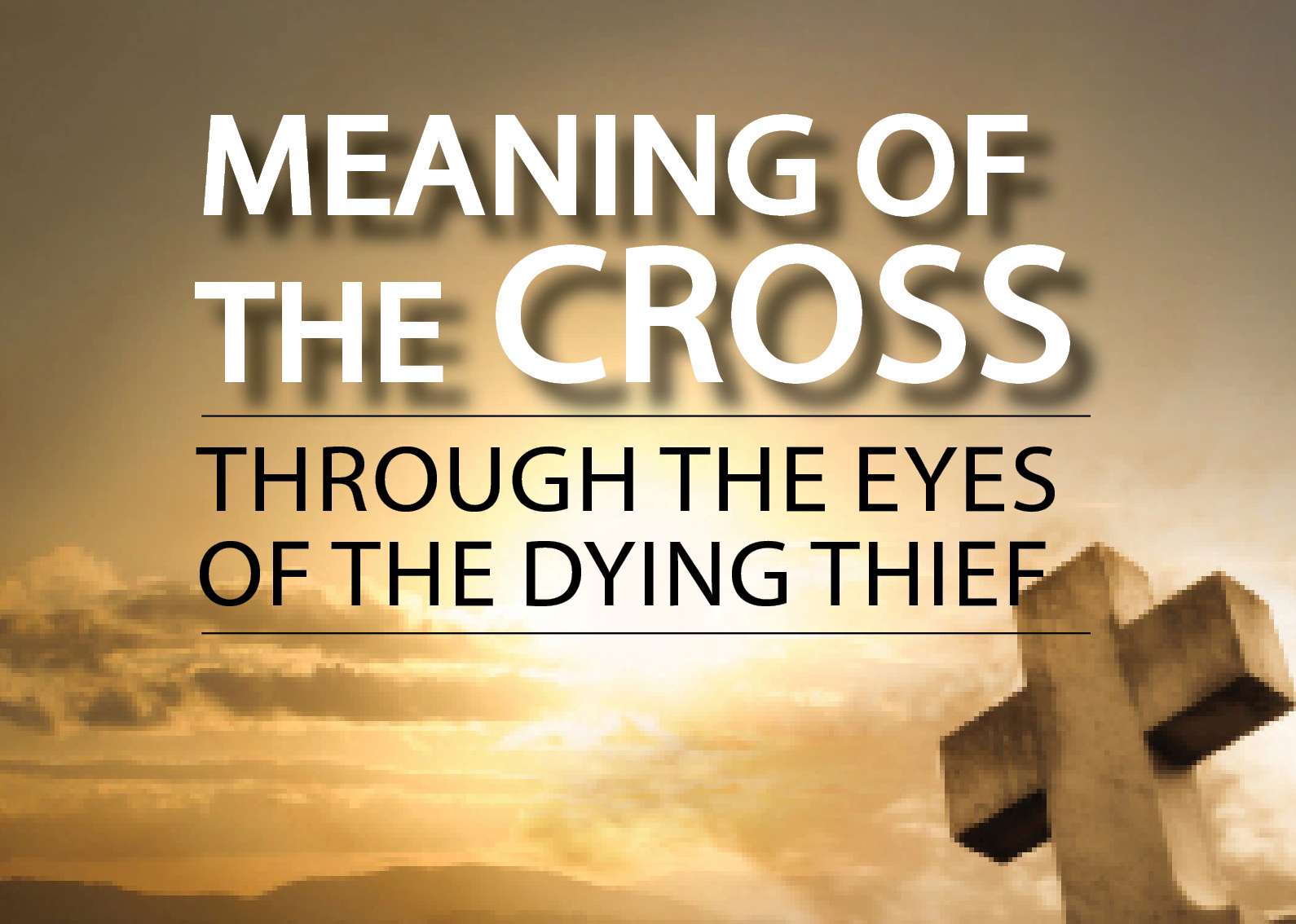
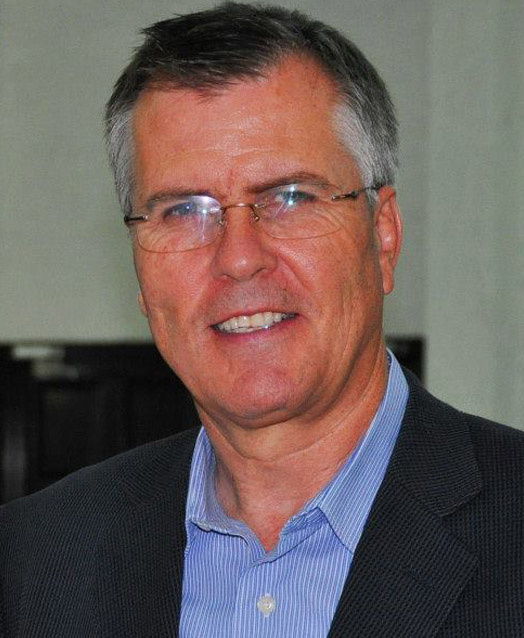
A Model Prayer
Dr. Kris A. Jackson
Lace up the tennis shoes; we are going for a jog. No stopwatch is needed for the issue is continuity, not speed. The track is the Lord’s Prayer (Matthew 6:9-13). The runner is you, “And you when you pray…” (vs 6) Not “if” you pray but “when” you pray. To stay spiritually fit one must exercise and I know of no other exercise system that compares with Christ’s original model. Dr. Cho once explained his key to power, “Every morning I get on a running track in the Spirit, and I circle that track. I know when I’m one-fifth of the way through, two-fifths, four-fifths and then, finally, I know when I’m done. Then, if I have time, I run it again…” Are you ready to elevate your spiritual heart-rate? This study of Christ’s prayer model takes seven laps.
Lap one, we will call DAILY CONNECTION. The prayer commences with “Our Father…”two words that connect us with the Family and the Father. Notice, there are no personal pronouns in this prayer. Not that it is out of place to address God as “my Father” for Jesus did so fifteen times in Matthew, but the intention here is to unite the family and take the focus off self.
If married partners do not connect daily, the relationship will drift, perhaps even die. Likewise our connection with the Father and His family cannot be a once a week venture. “Our” is a confession that we are insufficient in ourselves, that We is stronger than Me. Remember, the banana that leaves the bunch is the one that gets peeled! “Our” is in the possessive case, the Father is “ours”, we have stake in His promise, which denotes equality. If He is “our” Father then He is mine as much as yours and yours as much as mine. We are shareholders all under one roof.
Think of this endearing word “Father” – it speaks of protection, a good name passed on to the children, tender discipline, training, nurture and a ready ear. The family feels secure when Apachen comes home from work at night. Our Father is “in heaven”. First note that He “is”, He is the Great I AM, not the Great I WAS. Next, He is “in heaven”, seated, secure, sovereign. The Greek word ouranois, is plural, actually meaning “the heavens”, so though He is seated above, He also fills the heaven of outer space and the heaven of earth’s atmosphere. In other words, Father is as close as the air we breathe.
I hope you will quit thinking of Father’s House as a rigid, austere place where the children tiptoe on egg shells never really sure of their acceptance. This prayer calls for intimacy not performance. Paul said the Spirit within cries, “Abba, Father”, that is, “Daddy, Daddy” (Rom 8:15). If you can’t picture a laughing Jesus or a Daddy God who wants to twirl His little ones in the air or draw them to His huge lap then you need to gain a fresh revelation of what it means to be family. The first two letters in the English alphabet are A and B, in Greek, alpha-beta and in Hebrew, aleph-beth. It is interesting that most languages begin with the “ah” and “ba” phonics, the first two syllables mouthed by a child. Do you see the simplicity? The Father craves relationship, not rhetoric. If all you can formulate in prayer is simple baby talk, ah ba, ah ba, it is enough to bless the heavenly Papa.
But though He is affectionately called “Abba”, even by Christ (Mark 14:36), yet He is not to be taken for granted. “Our Father” evokes happiness; the next clause, “hallowed be Your name”, evokes holiness, the word being a form of the Greek hagiazo which means to set apart or regard as sacred or holy. “Because it is written, Be ye holy; for I am holy” (1 Pet 1:16).
The second lap on this track of prayer then is DAILY INSPECTION. As we need connection because by nature we are loners, we also need inspection because by nature we are sinful. That which is not inspected deteriorates. Uninspected teeth decay, an uninspected lawn turn to weeds, etc. Only what is inspected is perfected. “Who may ascend into the hill of the Lord?...He who has clean hands and a pure heart…” (Psalm 24:3,4) The surgeon scrubs before entering the operating room. Mother demanded we wash our hands before supper. This part of the prayer reflects the priest’s approach to the brazen Laver.
Since we cannot see God, we reverence His nature by reverencing His name, “hallowed be Your name”. The Bible reveals “covenant titles”, Jehovah-jireh, the Lord our provider, Jehovah-rapha, the Lord our healer, Jehovah-nissi, the Lord our banner and so on. In our devotional times we should make room for “getting to know” the Father. He is known by what He reveals of Himself, through the word. So prayer-time is also Bible-time.
Albert Barnes says to “hallow” is to celebrate as much as sanctify. Approaching the holiness of the Lord doesn’t transform us into starchy, judgmental, long-faced mystics. To hallow is to honor the attributes and perfections in the Father. Satan fights those entering the secret place because what we hallow in turn hallows us, what we behold is what we become, looking into the Father’s face we are transformed from glory to glory by the Spirit of the Lord.
Before we address our own needs, “daily bread”, we consider the advance and pleasure of the kingdom, “Your kingdom come…”Yours, not mine. This part of the prayer is a refining of wills. God does not deaden the human will, He sanctifies and redirects it. Priorities change. What before was a selfish attitude that perverted the divine order, “Hallowed be my name, my kingdom come, my will be done”, has been replaced with a hunger for God’s superior plan.
Lap three then satisfies our need for DAILY DIRECTION. Every day the sheep must hear the Shepherd’s voice otherwise we stray. Sheep are dumb and defenseless animals (have you ever seen a sheep put up a convincing fight against a Bengal tiger?), even worse, they are directionless. Sheep don’t graze by GPS. One minute they’re in green pastures, the next they’re stuck in a briar patch or nearing the cliff. Without guidance we get into predicaments. We need daily direction.
The Lord’s Prayer puts forth four ways by which we can judge, on a daily basis, God’s will. First, His Person, “hallowed be your name”. Does that which I am seeking honor the name of God or does it in any way compromise, diminish or contradict the One whom I serve? We must reject outright anything contradictory to what we know to be the Lord. Second, His peace. The will of God is accompanied by an inner peace. The Shepherd leads the flock “beside still waters”, never a torrent.Third, God’s will matches His priority. Divine direction will never veer from His sole objective which is bringing men to the kingdom and bringing the kingdom to men. To pray, “hallowed be Your name” denotes communion, while praying “Your kingdom come” denotes evangelism. So the Lord’s Prayer is primarily intercessory, our sole business is the soul business!
Fourth, we must consider His purposes – “Your will be done on earth as it is in heaven”. Much of our praying is a vain attempt to somehow get God to back our human plans. Of course, if He prompted the plan He will back it and prayer will be the legal means of its execution. But far too often our desires are tainted by our natures, so prayer refines the desire. We may enter the closet with our minds made up on some issue then exit with an altogether different perspective.
“Your will be done”, the common misconception is that God’s will is always done. Fact is, God’s will is seldom done. He wills for all men to be saved, yet hundreds of millions are not. His will is thwarted. Our part in prayer is to execute His will, releasing it as legal heirs and coregents on this planet. Once His will is made known there must be participation in that will. We are to be doers of the Word and not hearers only. Praying for His will to “be done” is one prayer every believer must be prepared to answer by himself.
A simple pattern is outlined, “on earth as it is in heaven”. The older version noted “in earth”, that is, in this vessel of clay. Is there sickness in heaven? No? Then let it be on earth as it is in heaven. Is there strife in heaven? Then let earth mirror the same oneness as heaven. In prayer, we bind and loose on earth what is already bound and loosed in heaven (Matthew 16:19).
Fifth, coming around the next bend, we need DAILY PROVISION, “Give us this day our daily bread” (vs 11), which includes all that is necessary to sustain life. The latest Smartphone may or may not be included! He supplies our every need, not our every greed. The word used here is translated 72 times as “bread” but also 23 times as “loaf”. So the request is for a “loaf”, a finite, measurable amount. If you are going to bother asking, why not ask for a bigger loaf? Phillips Brooks reasoned that “prayer is not conquering God’s reluctance, but taking hold of God’s willingness”.
Let’s take this lap stride by stride, first examining the word, “GIVE”. The request is not whispered under the breath, afraid that our need for bread is too insignificant for God to waste His time on. Faith lifts its voice with confidence knowing that “if we ask anything according to His will He hears us” (1 John 5:14). We come boldly to the throne of grace (Heb 4:16), not sheepishly. Faith doesn’t beat around the bush, asking, “Pretty please?”, but rather asserts, “Give us!” It is a comprehensive asking, give “US”. You may enter the prayer closet by yourself but you never remain there alone. The names of the twelve tribal heads of Israel were carried into the holy Place on Aaron’s shoulders. We bear one another’s burdens in prayer and thereby fulfill the law of Christ (Galatians 6:2).
The next word in the phrase says, give us “THIS”. Effective prayer is specific, I’m asking for “this”, not “that”. Caleb prayed, “Give me this mountain…” (Joshua 14:12) In approaching the divine Court define clearly your petition. And pray for what is pertinent; “THIS DAY…” To pray for “this day” is to ask for a full, productive day that honors God and advances the kingdom. The best time to pray for “this day” is first thing before the day begins. Prayer is the key that unlocks the morning, not just the deadbolt that secures the night.
Next He asks, give us “OUR” daily bread. There are promises that are ours. What belongs to Debra and me may not belong to you. It is “our” daily bread. And what God has for you may not be what He has for someone else. The prayer addresses our ministry, our business, our church, our peculiar set of circumstances. I can’t speak for yours but I am asking that we get ours. What a tragedy to spend one’s whole life coveting what is another’s while failing to pray, “Give us…our”.But the pronoun also defines the corporate nature of our daily bread. If it is “our” bread then I can’t hog the whole loaf for myself. Sharing is assumed. Not the socialist philosophy of “what is yours is mine, I’ll take it”, but the philanthropy that says, “What is mine is ours, I’ll share it”.
It is called “DAILY” bread. Translation is not clear, it could be read, “Give us today our bread for tomorrow”, because two words are used, “this day”, a form of hemera meaning “today”, and “daily”, epiousion, which can be translated “upon the approaching day”. Origen said the combination of words was not found anywhere else in Greek literature. God grants sufficiency in all things but it is not a sufficiency with a long shelf-life. Provision comes with each new round of prayer. Lay up manna for tomorrow and it breeds worms and stinks. We are to live one day at a time; however, tomorrow’s bread is being baked and readied by today’s prayers.
Next is the universal word “BREAD”, the staff of life. A man works to earn his bread. The chief wage earner is the home’s breadwinner. “Bread” is a slang term for money. “Give us…daily bread” then is petition for honest labor, looking to God for a hand up, not to man for a handout. Bread is one of life’s simplest needs. If God cares for the least of our needs then nothing is too insignificant to pray about, nor on the flip side, too big to pray about. God is magnified when we ask for the big but He is honored no less when we trust Him for the little.
There is, however, more to this than the physical application. The Bible is referred to as milk, bread and strong meat. “Man shall not live by bread alone, but by every word that proceeds out of the mouth of God” (Matthew 4:4). The soul needs its three square meals just as the body. One helping of Bible per week, seated on a Sunday morning church pew, cannot nourish the spirit no matter how rich the serving. This prayer ultimately is a cry for Jesus “the bread of life” (John 6:35).

